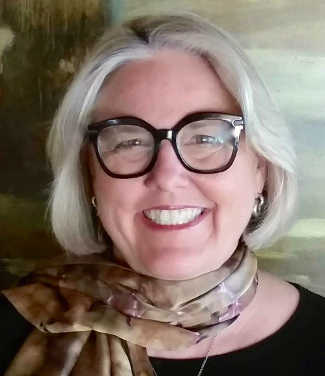- Cate Kortzeborn
- Posted On
Understanding Medicare: What Medicare does (and doesn’t) cover

Medicare helps pay for a wide variety of medical services and goods in hospitals, doctor’s offices, and other healthcare settings. But it doesn’t cover everything, and it’s useful to know what is and isn’t covered.
Services and goods are covered either under Medicare Part A or Part B. If you have both Part A and Part B, you can get many Medicare‑covered services whether you have Original Medicare or a Medicare health plan, such as Medicare Advantage.
Part A is Hospital Insurance and it helps pay for:
* Inpatient care in hospitals;
* Inpatient care in a skilled nursing facility (but not custodial or long‑term care);
* Hospice care;
* Home health care;
* Inpatient care in a religious nonmedical health care institution.
Part B (Medical Insurance) helps cover medically necessary doctors’ services, outpatient care, home health services, durable medical equipment such as wheelchairs and walkers, and other medical services.
Part B also covers many preventive-care services, such as vaccinations and cancer screenings.
You can find out if you have Parts A and B by looking at your Medicare card. If you have Original Medicare, you’ll use this card to get your Medicare-covered services. If you join a Medicare Advantage plan, in most cases you must use the card from the plan to get your Medicare-covered services.
Under Original Medicare, if the yearly Part B deductible ($198 in 2020) applies, you must pay all costs (up to the Medicare-approved amount) until you meet the Part B deductible before Medicare begins to pay its share.
After your deductible is met, you typically pay 20% of the Medicare‑approved amount of the service, if the doctor or other healthcare provider accepts assignment. (“Accepting assignment” means that a doctor or other provider agrees to be paid directly by Medicare, to accept the Medicare payment amount for the service, and not to bill you for more than the Medicare deductible and coinsurance.)
There’s no yearly limit on what you pay out-of-pocket under Original Medicare.
If you’re in a Medicare Advantage plan (like an HMO or PPO) or have other insurance, your costs may be different. Contact your plan or benefits administrator directly to find out about the costs.
Under Part B, Medicare pays for many preventive services that can detect health problems early when they’re easier to treat. You pay nothing for most covered preventive services if you get the services from a doctor or other qualified provider who accepts assignment.
However, for some preventive services, you may have to pay a deductible, coinsurance, or both.
Medicare doesn’t cover everything, of course. If you need certain services that aren’t covered under Part A or Part B, you’ll have to pay for them yourself unless:
* You have other insurance (including Medicaid) to cover the costs;
* You’re in a Medicare Advantage plan that covers these services.
Some of the services and goods that Medicare Parts A and B don’t cover are:
* Most dental care;
* Eye exams related to prescribing glasses;
* Dentures;
* Cosmetic surgery;
* Massage therapy;
* Routine physical exams;
* Long-term care;
* Concierge care (also called concierge medicine, retainer-based medicine, and boutique medicine);
* Hearing aids and exams for fitting them.
Cate Kortzeborn is Medicare’s regional administrator for Arizona, California, Nevada, Hawaii, and the Pacific Territories. You can always get answers to your Medicare questions by calling 1-800-MEDICARE (1-800-633-4227).


 How to resolve AdBlock issue?
How to resolve AdBlock issue? 




